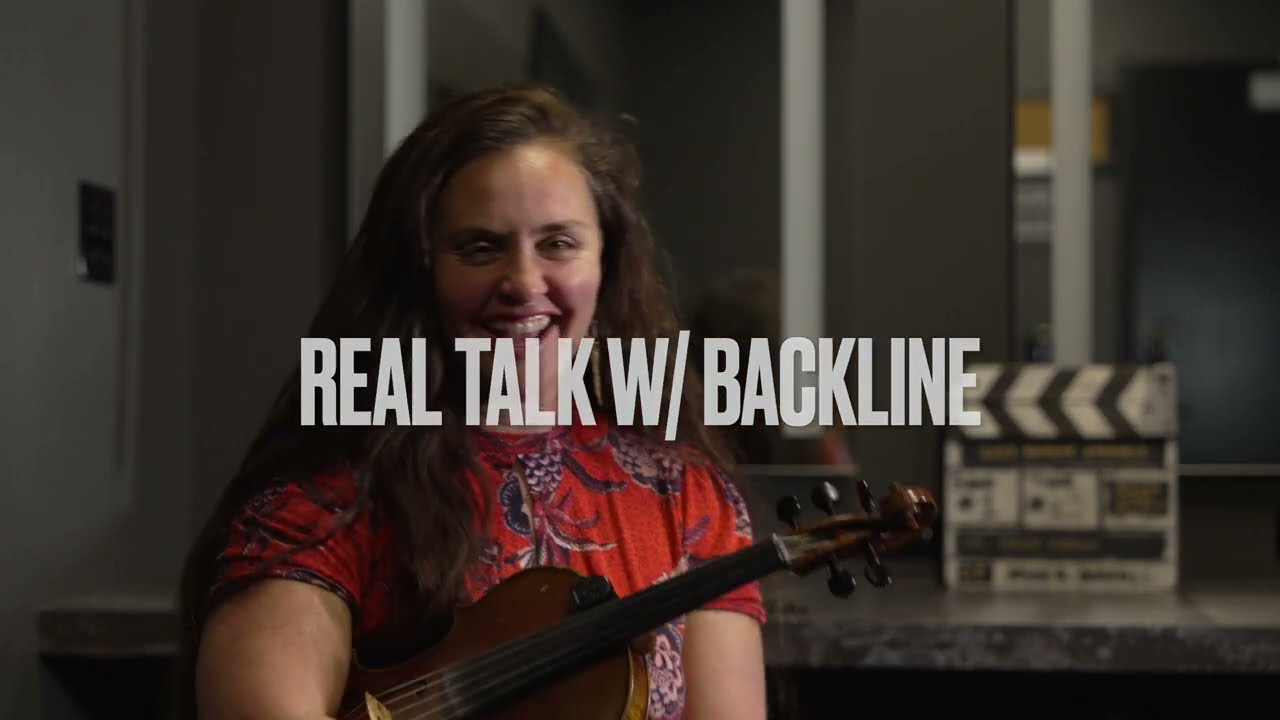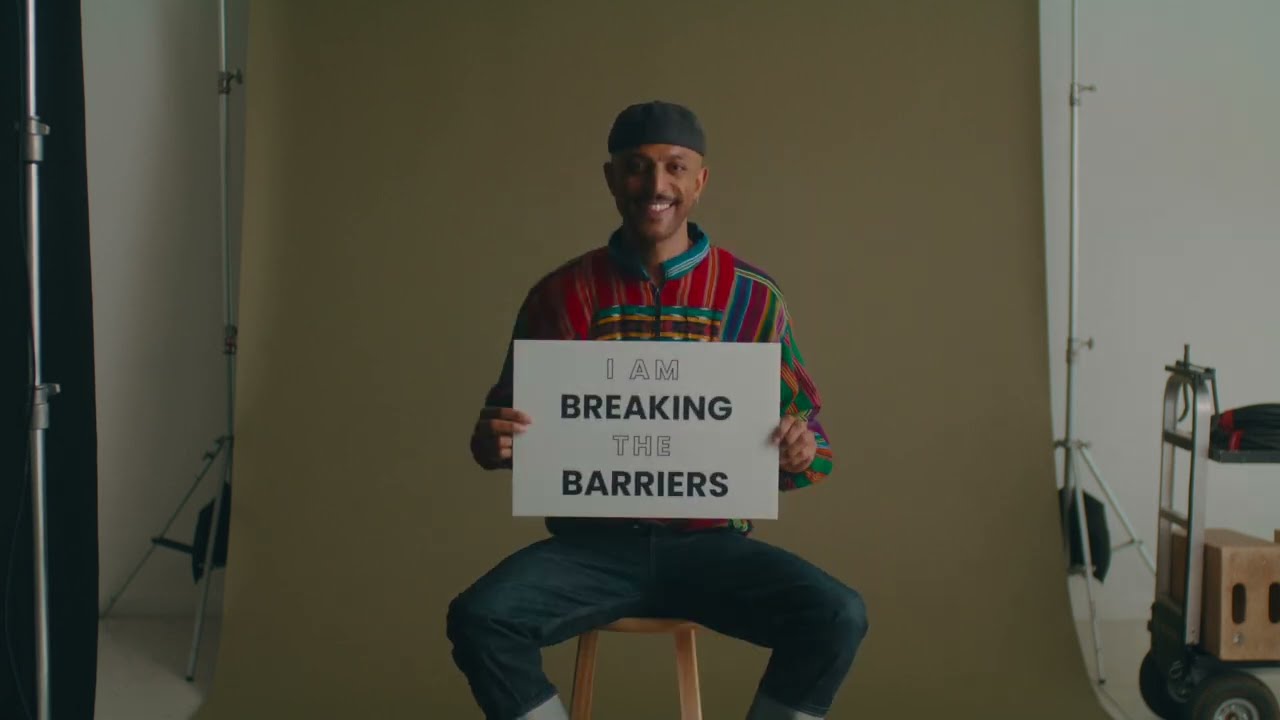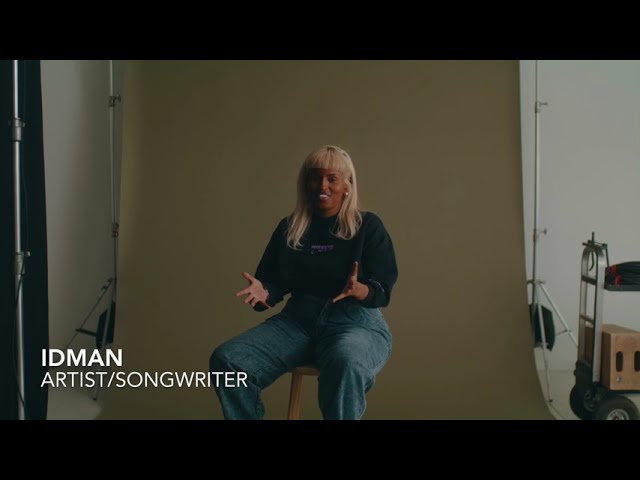I’VE BEEN A PRACTITIONER OF MINDFULNESS FOR CLOSE TO 15 YEARS AND HAVE FOUND IT TO BE EXTREMELY HELPFUL NOT ONLY IN MUSIC BUT IN LIFE AS A WHOLE. THE TERMS “PRACTITIONER” AND “MINDFULNESS” ARE ACTUALLY FAR TOO ANALYTICAL FOR WHAT THIS IS, BUT IT SOUNDS COOL! AND YOU HAVE TO USE SOME DESCRIPTIVE WORDS, EVEN WHEN IT COMES TO TALKING ABOUT NO-THING, SO I’LL STICK WITH MINDFULNESS AS A TERM.
The purpose of mindfulness is simple. To be more aware of what is currently happening. Less lost in thought. When our attention goes from the never-ending stream of thoughts, judgments and fantasies the mind creates, and moves to what is actually happening directly around us, we feel better. And if we feel better, we can do better at whatever it is we want to do. That’s it. There’s really not much to it. But it’s incredibly powerful. The simple act of paying attention. In a world of infinite distractions, there is an opportunity to change it up for a few minutes. To be less concerned with the content of awareness, and more interested in awareness itself. Sounds kind of weird and tricky but it’s amazingly simple. Which is probably why it can be a bit hard for people to grasp. The idea is, less, not more as far as the mind goes. This is the essence of meditation. But in mindfulness it’s happening as we go about our day. There are a few simple exercises you can do to help use mindfulness in the context of music which I’ll lay out here.
But these concepts can be adapted to anything really.
There are two, maybe three parts to this simple mindfulness practice for musicians. The first is, as you sit down to practice at home, set the intention to put down the worries of the day for a short time and create a focussed, even sacred space for your practice. The mind is trained to continually go back to the problems of the day, but those aren’t going to get solved during your practice session. So as best you can, set them aside for 30 minutes. They’ll be there when you’re done. Or maybe not! But that’s step one, just set the intention of a relaxed and focussed and fun practice session. We can remember we started doing this because it’s fun! Even if our practice is for a big serious gig, we do this because we love it. Allow that energy to enter the practice space.
Step two. Take a tune or song you know really well, one you can play or sing without thinking, and begin to play. Observe yourself playing or singing this song. That’s literally it. Don’t play the song, allow the song to play, and watch. Almost as if you are watching someone else play it. The hands and brain know what to do, so you can just get out of the way and watch it go down. Notice what it sounds like. Notice what the voice or hands feel like, and enjoy it. This is essentially being “in the zone”. The place we all hear about when musicians, athletes or anyone else is in the flow and things are just happening. You can practice it. And it starts with just observing. So much of what we do will just happen on its own, without the voice in our head trying to direct traffic. That voice actually isn’t great at it, and our natural intuition is much better at getting things to go smoothly in life. You can try this a few times and just see how it feels.
The third step is really step 2b. It’s using the power of self observation to improve your playing. The most important part of this is to do it without emotional judgement. So once again, pick a song to play or sing, and observe it happen. This time, you can make some notes of things you may like to change or improve. For example, maybe you missed a note, or sang a note slightly out of tune. Or maybe you decide you’d like to play the song with a bit more passion, whatever it is, notice it. It’s not a problem. As anyone who’s been doing this for a long time, this process goes on til we die. We’re not “supposed’ to be anywhere further or more than we are right now. All good! We noticed something we want to change or improve on, and we can develop an exercise to work on that problem. Cool! No problems here. Noticing something that you want to improve on is not a reason to judge ourselves negatively. In fact, it’s a huge win. So step 2b is using the power of mindfulness and observation to get better at playing/singing.
The key here is to not add any negative mental comments to the observation. They’re not needed, and frankly not true. All that’s true is that you noticed something you want to change, and now you can.
So that’s a simple process for using mindfulness in music. It’s fairly obvious stuff, and initially doesn’t seem like much, but if you get into it, its power tends to reveal itself. You don’t have to be a musician to be mindful of course. Any simple act throughout the day can be an opportunity to try it. Initially something that doesn’t require much thought. Doing dishes or folding laundry, or maybe walking the dog. Those are times where you can take a rest from addictive thinking, and just be present with what is going on. For most of us, thinking is like constant entertainment, and so it can be hard to let it drift into the background for a bit. But believe me, it feels amazing to just focus on simple presence, here and now, without adding anything mentally. Don’t get frustrated if thinking keeps happening. That’s 100% normal. We can’t stop thinking, but we can focus more on everything besides thinking, which is a lot! Everything else. This moment.”




